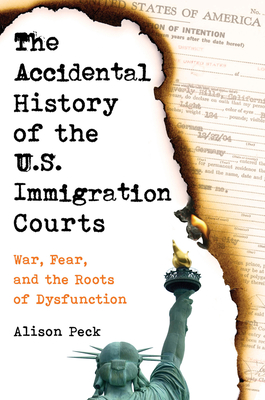Expedite your nonfiction book discovery process with Readara interviews, summaries and recommendations, Broaden your knowledge and gain insights from leading experts and scholars
In-depth, hour-long interviews with notable nonfiction authors, Gain new perspectives and ideas from the writer’s expertise and research, Valuable resource for readers and researchers
Optimize your book discovery process, Four-to eight-page summaries prepared by subject matter experts, Quickly review the book’s central messages and range of content
Books are handpicked covering a wide range of important categories and topics, Selected authors are subject experts, field professionals, or distinguished academics
Our editorial team includes books offering insights, unique views and researched-narratives in categories, Trade shows and book fairs, Book signings and in person author talks,Webinars and online events
Connect with editors and designers,Discover PR & marketing services providers, Source printers and related service providers

The Accidental History of the U.S. Immigration Courts: War, Fear, and the Roots of Dysfunction
Law > Courts - General
- University of California Press
- Hardcover
- 9780520381179
- -
- -
- Law > Courts - General
- (Single Author) Asian American
- English
Readara.com
Book Description
During the Trump administration, the immigration courts were decried as more politicized enforcement weapon than impartial tribunal. Yet few people are aware of a fundamental flaw in the system that has long pre-dated that administration: The immigration courts are not really courts at all but an office of the Department of Justice--the nation's law enforcement agency.
This original and surprising diagnosis shows how paranoia sparked by World War II and the War on Terror drove the structure of the immigration courts. Focusing on previously unstudied decisions in the Roosevelt and Bush administrations, the narrative laid out in this book divulges both the human tragedy of our current immigration court system and the human crises that led to its creation. Moving the reader from understanding to action, Alison Peck offers a lens through which to evaluate contemporary bills and proposals to reform our immigration court system. Peck provides an accessible legal analysis of recent events to make the case for independent immigration courts, proposing that the courts be moved into an independent, Article I court system. As long as the immigration courts remain under the authority of the attorney general, the administration of immigration justice will remain a game of political football--with people's very lives on the line.
Author Bio
Alison Peck teaches and writes in the area of global sustainable development, including trade, immigration, and environmental law. Professor Peck leads WVU students every summer in a study abroad experience in Uganda, mentoring high school students in school-wide entrepreneurship competitions and generating new ideas for sustainable development both at home and abroad.
Professor Peck practiced international arbitration and commercial litigation with Boies, Schiller & Flexner LLP in Washington, D.C. She clerked for Judge Jon O. Newman of the U.S. Court of Appeals for the Second Circuit and Judge G. Federico Mancini of the Court of Justice for the European Communities. She received a J.D. from Yale Law School and an LL.M. in Agricultural Law from the University of Arkansas-Fayetteville.
Education
- LL.M., University of Arkansas (Agricultural Law), 2008
- J.D., Yale Law School, 1995
- B.A., Butler University (Journalism, Spanish and French), 1992
Source: West Virginia University
Videos


Community reviews
No Community reviews

